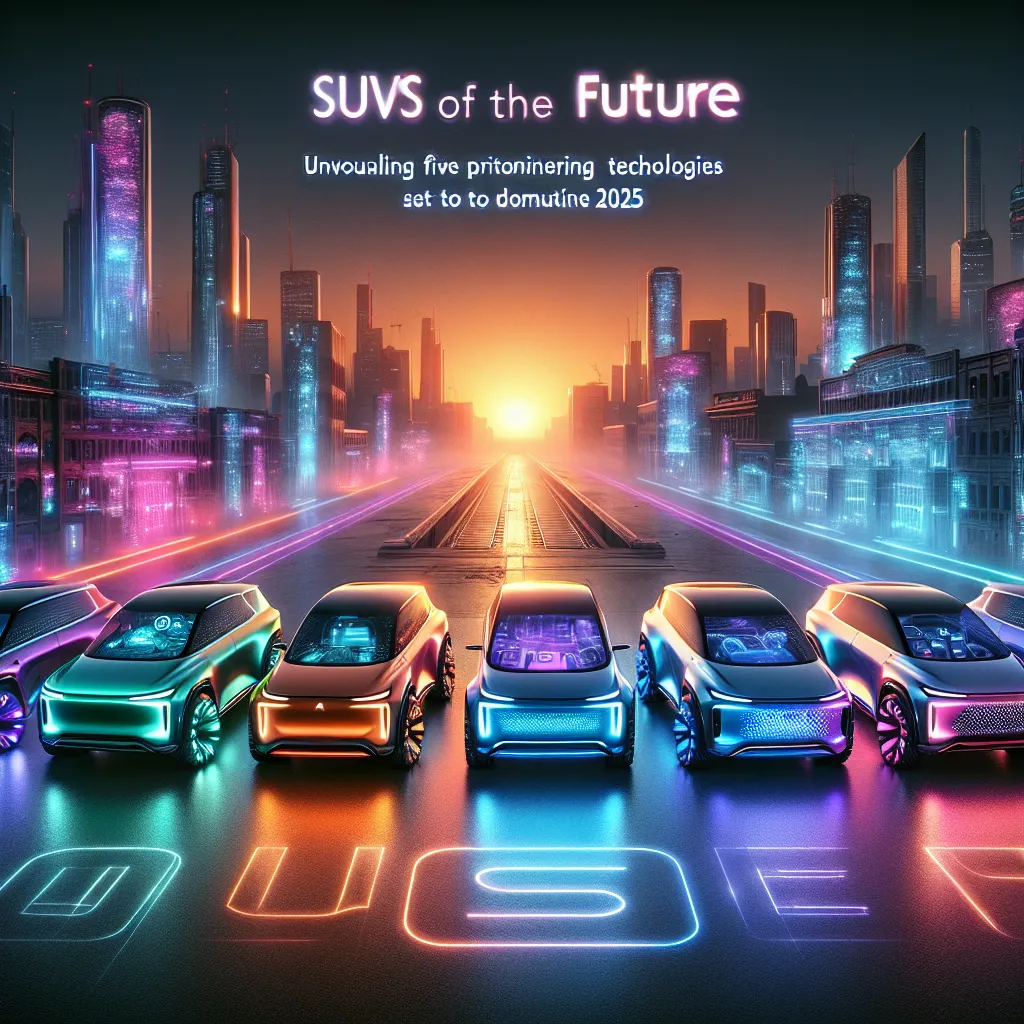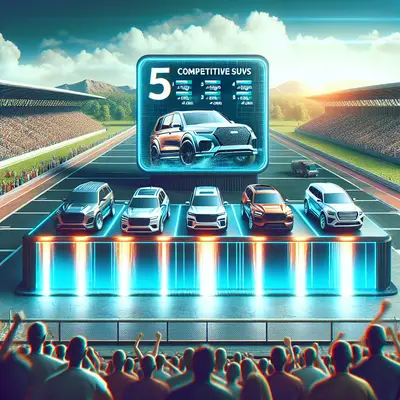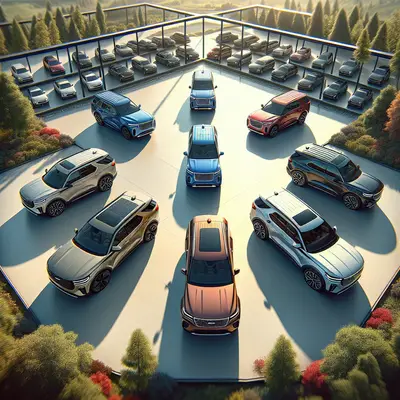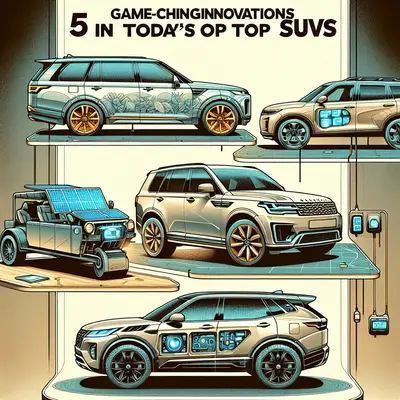Autonomous Driving
Autonomous driving is the future of the automotive industry, and SUVs are no exception. Brands like Tesla, Volvo, and Mercedes are actively developing this technology, with some models already offering semi-autonomous capabilities. By 2025, we can expect to see SUVs with fully autonomous capabilities, providing enhanced safety and convenience. Advanced sensors, cameras, and AI algorithms will work in harmony to navigate traffic, detect obstacles, and even park the vehicle.
Electrification
As the world moves towards sustainable solutions, electric SUVs are becoming increasingly popular. Manufacturers are investing heavily in EV technology, aiming to increase range, reduce charging times, and improve performance. By 2025, we can expect to see more electric SUVs on the road, with superior battery technology and ultra-fast charging capabilities.
Connectivity
Connectivity is a key feature in the modern SUV. From infotainment systems to driver-assist technologies, connectivity enhances the driver's experience and improves safety. By 2025, we can expect to see SUVs with advanced connectivity features like vehicle-to-vehicle (V2V) and vehicle-to-infrastructure (V2I) communication, allowing vehicles to share information and make roads safer.
Advanced Safety Systems
Safety is a top priority for SUV manufacturers, and advanced safety systems are becoming standard features. These include adaptive cruise control, emergency braking, lane-keeping assist, and blind-spot detection. By 2025, we can expect to see even more advanced safety systems, such as predictive collision technology, which uses AI to predict accidents before they happen.
Lightweight Materials
Reducing weight is a key strategy in improving fuel efficiency and enhancing performance. Manufacturers are experimenting with lightweight materials like carbon fiber and high-strength steel to reduce weight without compromising safety. By 2025, we can expect to see SUVs incorporating more of these lightweight materials in their construction.
Conclusion
The SUV landscape is set to undergo a significant transformation by 2025. With advancements in autonomous driving, electrification, connectivity, safety systems, and lightweight materials, future SUVs promise to deliver superior performance, safety, and convenience. As we look to the future, it's clear that these pioneering technologies will redefine what we expect from our SUVs.



